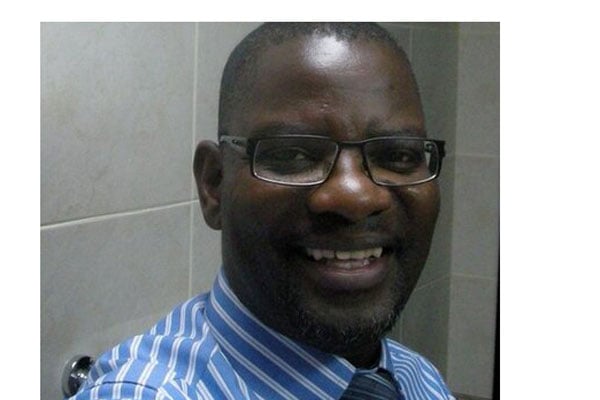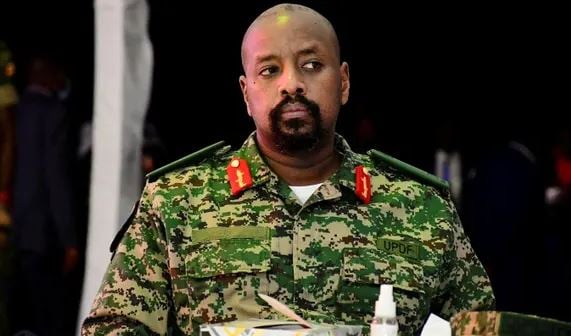The regime change East African leaders will always live to regret

Author: Musaazi Namiti. PHOTO/FILE
What you need to know:
- It is impossible to restore peace in the Great Lakes region when the DRC is not peaceful.
When Rwandan and Ugandan leaders backed rebels led by Laurent Kabila to overthrow Mobutu Sese Seko’s government in the Democratic Republic of Congo (then Zaire), things went smoothly. There was virtually no resistance from government troops because the Congolese army existed only in name.
In fact, when Kabila was asked by journalists about his goal, he said he would reach Kinshasa “in three weeks”. Although his advance on the capital took longer, he seized power in May 1997.
Rwanda and Uganda had seemingly compelling reasons to back regime change in the DRC. For Rwanda, Hutu militiamen that had masterminded the 1994 genocide had fled to eastern DRC and had to be annihilated. Rwanda needed a friendly government to help it achieve this.
Journalists Howard W. French and Gérard Prunier have written books that say that Rwandan troops slaughtered as many as 400,000 refugees that had fled Rwanda. The UN wanted to investigate the slaughter, but Kabila would not allow the probe as it would incriminate people who brought him to power.
Uganda’s reasons for aiding regime change also had something to do with national security. The Allied Democratic Forces (ADF), a rag-tag rebel army based in eastern DRC, had launched attacks on Uganda in 1996. Having a new president in the DRC who was under the thumb of the President in Kampala and had control over the entire country would make it easy to fight the rebels.
It has been 25 years since Mobutu Sese Seko was overthrown, and eastern DRC has only become a playground for rebel armies, some with foreign fighters, vying for control of the country’s natural wealth in South and North Kivu provinces and Ituri.
ALSO READ: Congo turns heat on Uganda over M23 rebels
The regime change brought with it seeds of war, not seeds of peace. The conflict has killed more than six million people and displaced 4.5 million, according to the BBC.
The Ugandan government has never defeated the ADF, although it claims that a recent offensive it launched against the rebel army has sapped its military strength.
Rwanda may look peaceful and stable, but as long as its neighbour remains insecure and is home to armed groups — the BBC says there are more than 100 — its stability and peace will always be under threat.
It is impossible to restore peace in the Great Lakes region/East Africa when the DRC is not peaceful. And it is hard to see how peace can be restored when leaders in the region — and individuals that are eying leadership — are backing armed groups that want to remove an elected government from power.
This past August, the UN said (in a report) that it had “solid evidence” that Rwanda is backing M23 rebels who are fighting the Congolese government in eastern DRC. In 2012, the UN singled out Rwanda and Uganda for doing the same. Both countries deny involvement in the conflict, but no one who thinks properly expects them to say: “Yes, we support M23.”
ALSO READ: Are Kenyans thinking of war over Migingo?
To aggravate an already bad situation, President Museveni’s son, Gen Muhoozi Kainerugaba, a friend of Rwandan President Paul Kagame, fired off this tweet: “As for M23, I think it is very, very dangerous for anybody to fight those brothers of ours. They are NOT terrorists! They are fighting for the rights of Tutsi in DRC.”
President Félix Tshisekedi of the DRC must have seen the tweet and knows that Gen Muhoozi wants to lead Uganda. Is this something he reads and ignores? Would Mr Kagame ignore it if he had rebels fighting his government? Does it augur well for the future of the East African Community?
Mr Musaazi Namiti is a journalist and former Al Jazeera digital editor in charge of the Africa desk
[email protected] @kazbuk




